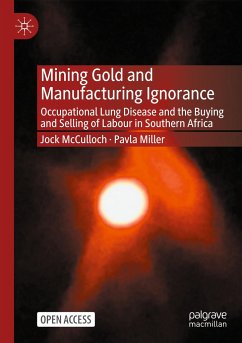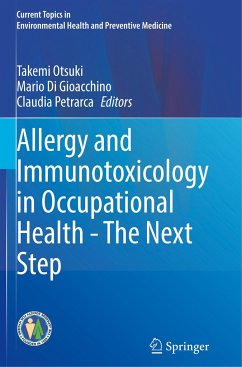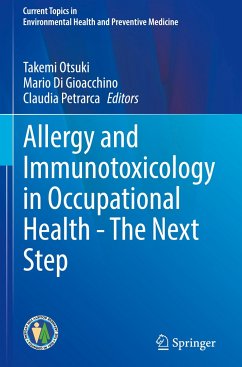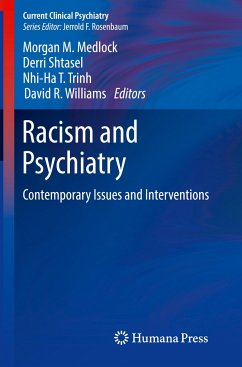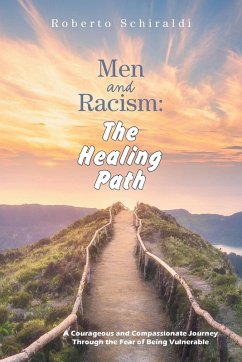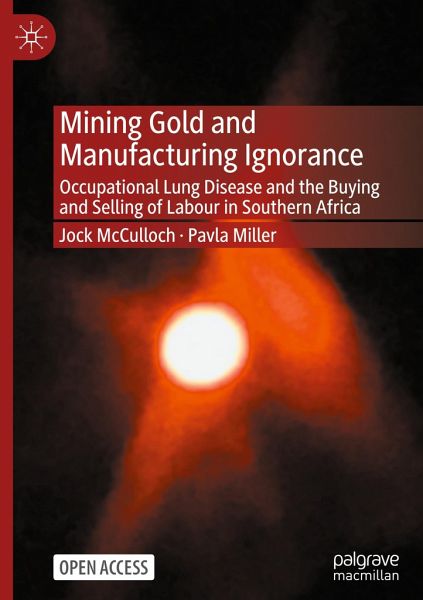
Mining Gold and Manufacturing Ignorance
Occupational Lung Disease and the Buying and Selling of Labour in Southern Africa

PAYBACK Punkte
19 °P sammeln!
This open access book charts how South Africa's gold mines have systematically suppressed evidence of hazardous work practices and the risks associated with mining.For most of the twentieth century, South Africa was the world's largest producer of gold. Although the country enjoyed a reputation for leading the world in occupational health legislation, the mining companies developed a system of medical surveillance and workers' compensation which compromised the health of black gold miners, facilitated the spread of tuberculosis, and ravaged the communities and economies of labour-sending state...
This open access book charts how South Africa's gold mines have systematically suppressed evidence of hazardous work practices and the risks associated with mining.
For most of the twentieth century, South Africa was the world's largest producer of gold. Although the country enjoyed a reputation for leading the world in occupational health legislation, the mining companies developed a system of medical surveillance and workers' compensation which compromised the health of black gold miners, facilitated the spread of tuberculosis, and ravaged the communities and economies of labour-sending states. The culmination of two decades of meticulous archival research, this book exposes the making, contesting, and unravelling of the companies' capacity to shape - and corrupt - medical knowledge.
For most of the twentieth century, South Africa was the world's largest producer of gold. Although the country enjoyed a reputation for leading the world in occupational health legislation, the mining companies developed a system of medical surveillance and workers' compensation which compromised the health of black gold miners, facilitated the spread of tuberculosis, and ravaged the communities and economies of labour-sending states. The culmination of two decades of meticulous archival research, this book exposes the making, contesting, and unravelling of the companies' capacity to shape - and corrupt - medical knowledge.





